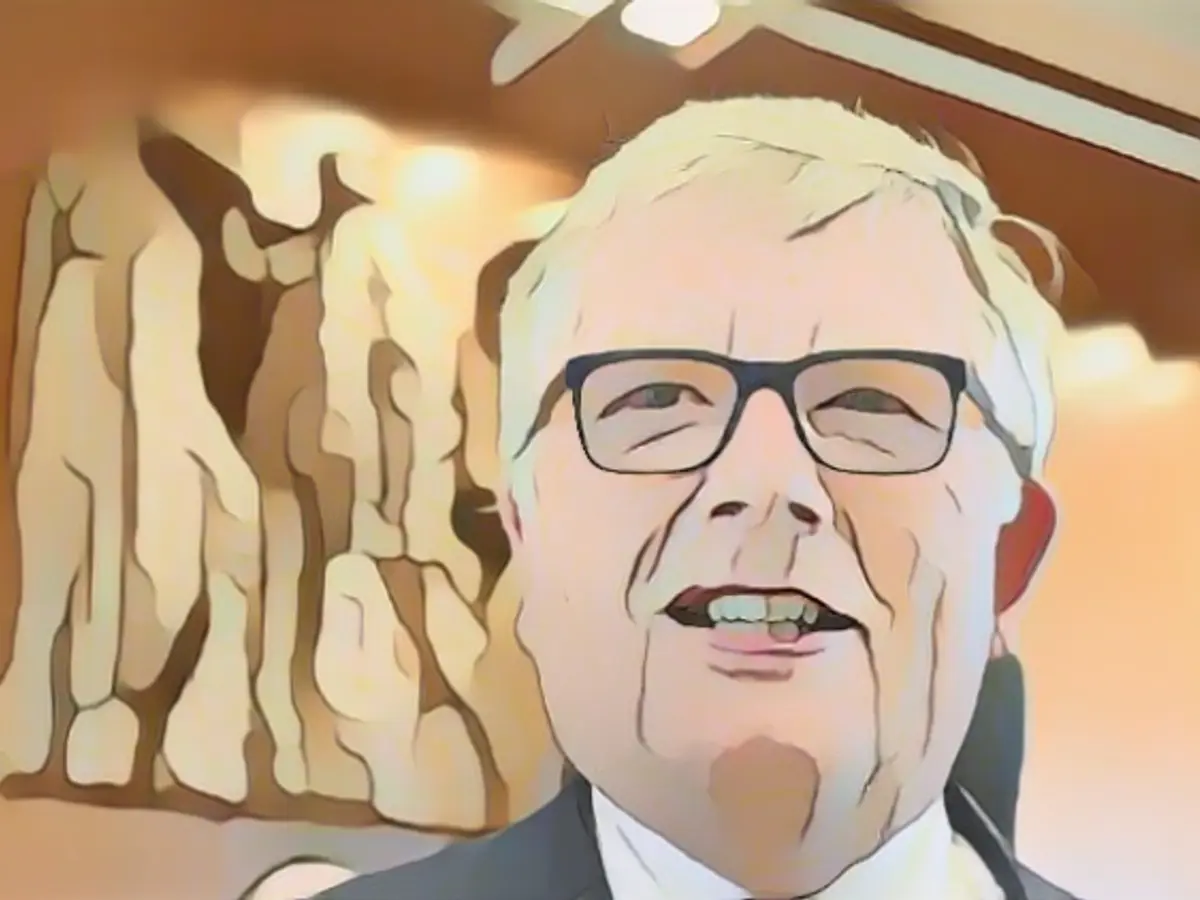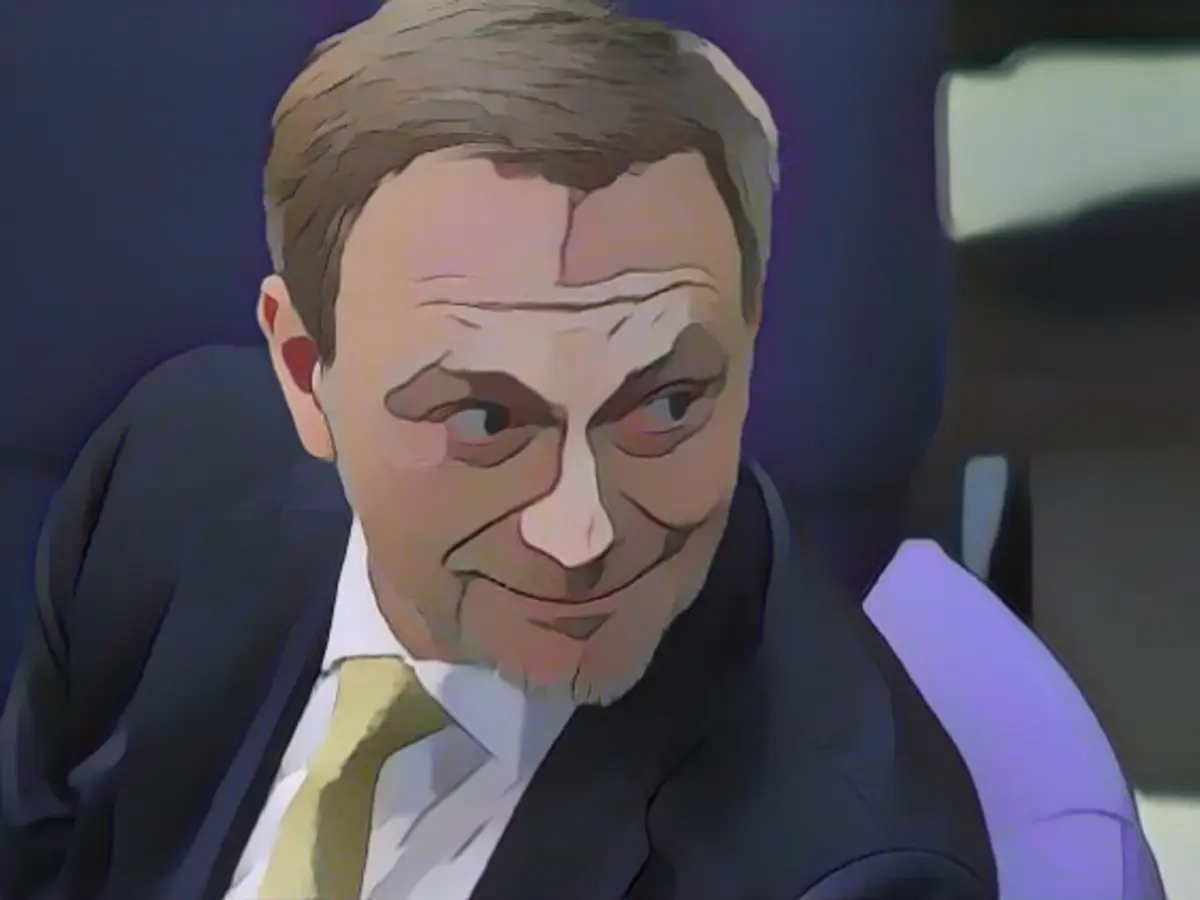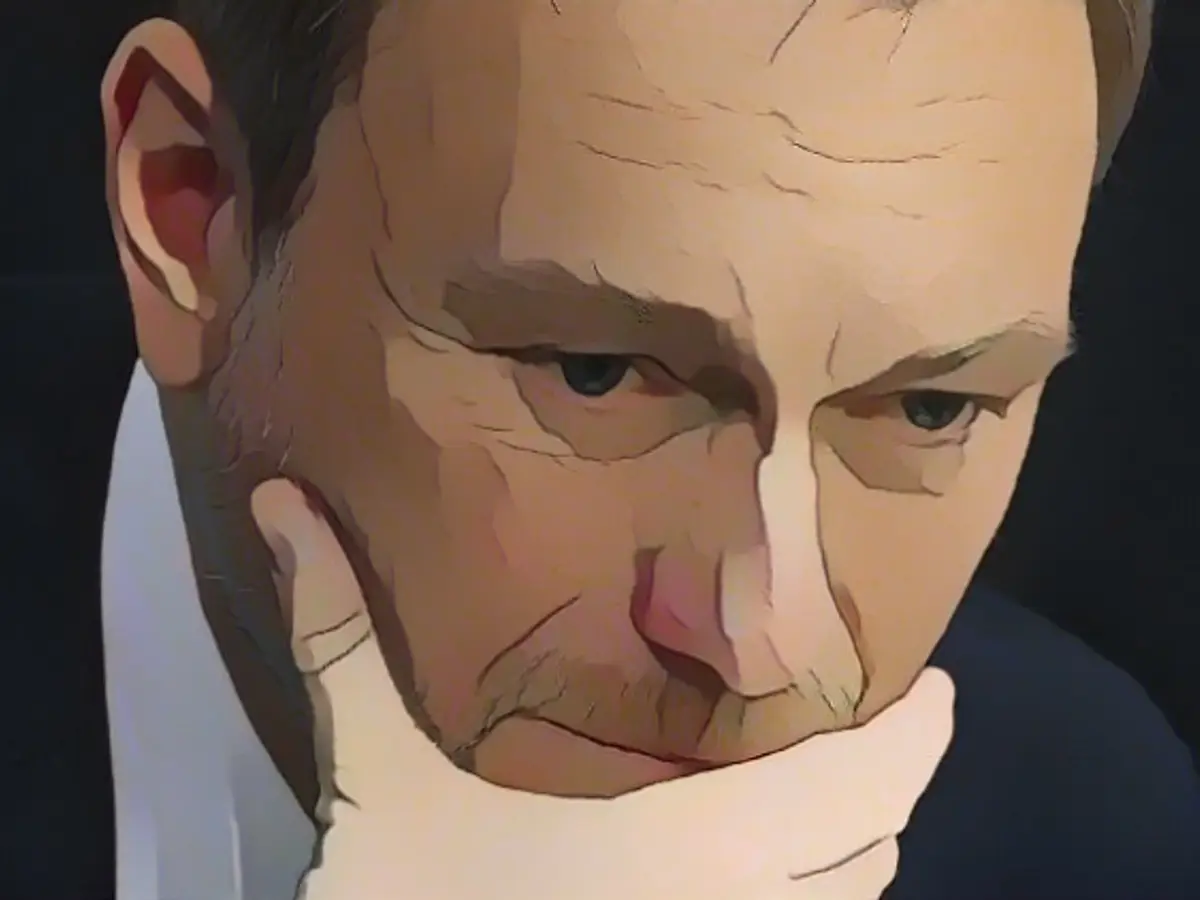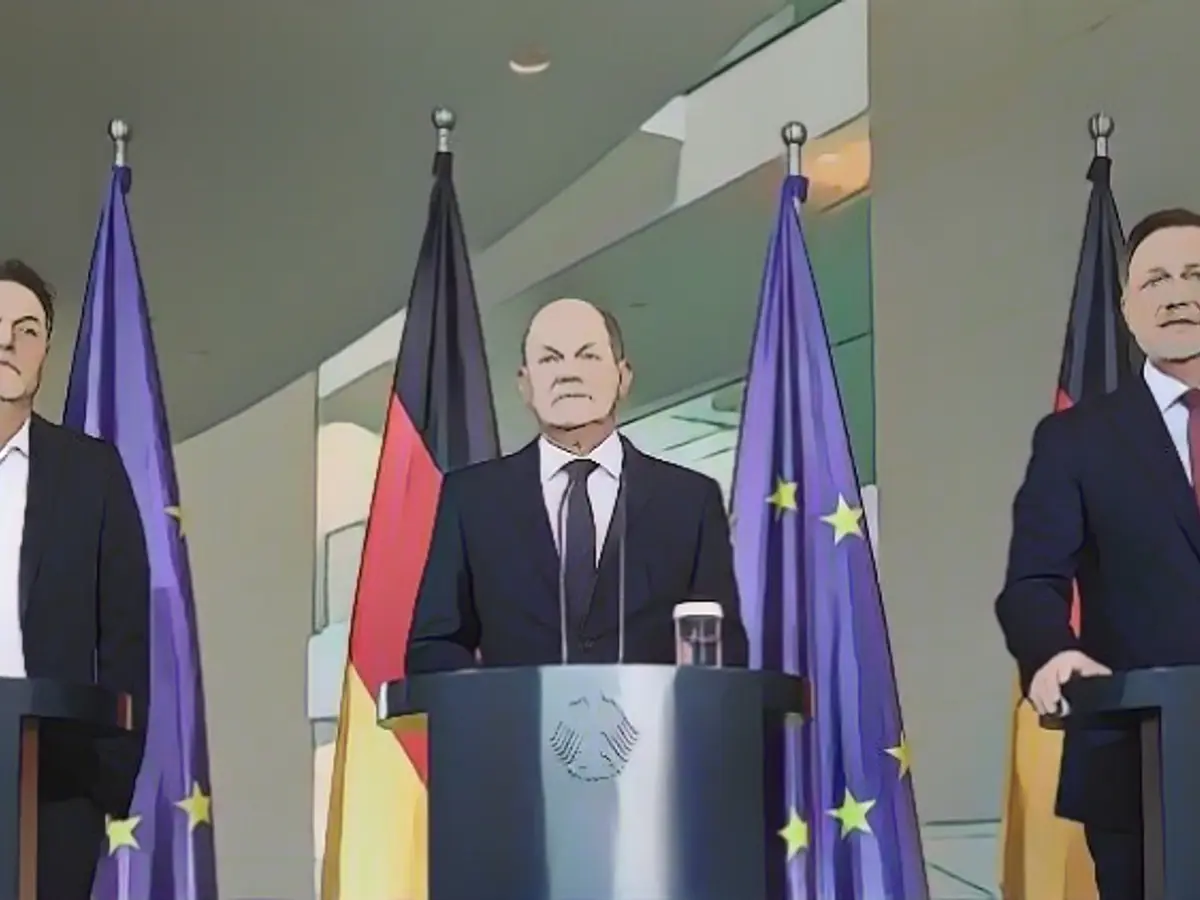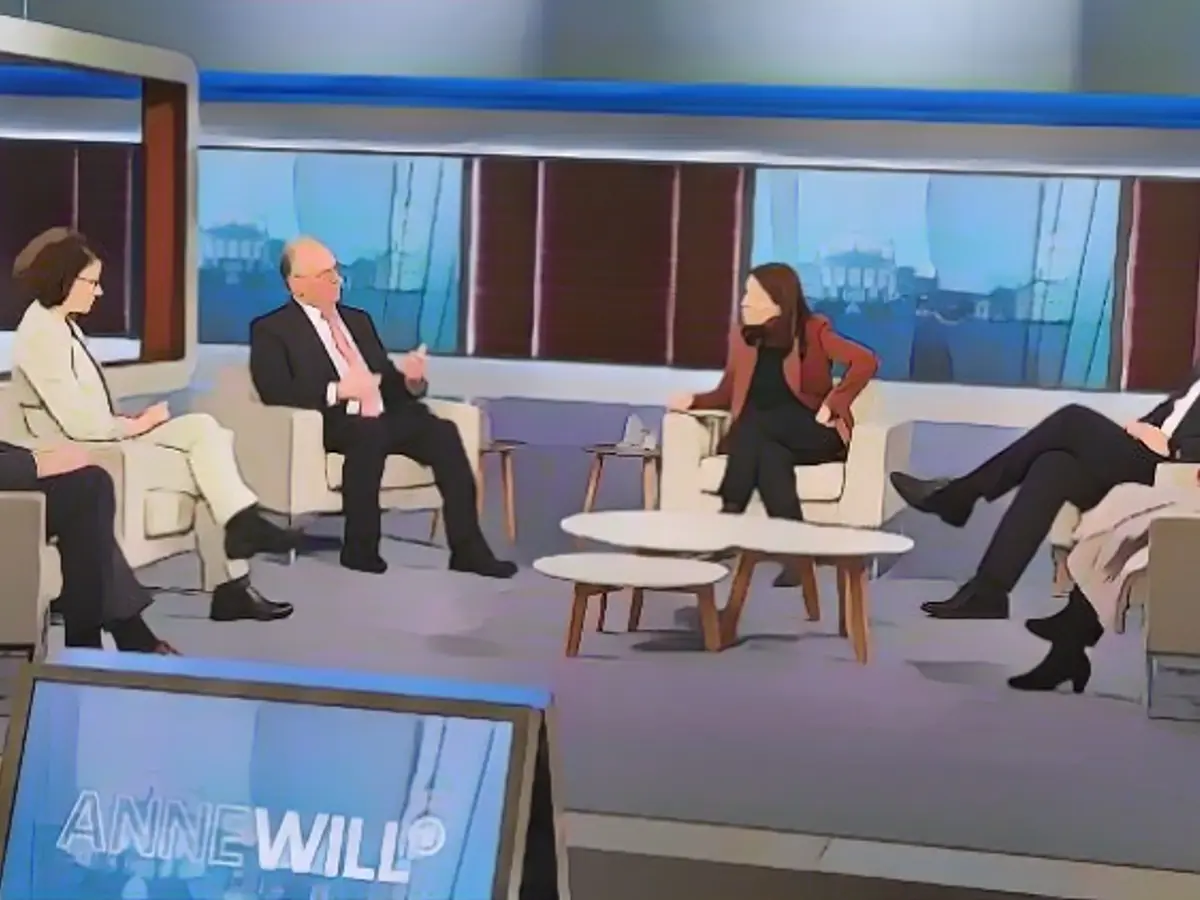Struggles persist as Economist Wieland Demands Chancellor Scholz Sets Clear Priorities
In the aftermath of the Karlsruhe ruling, Germany's traffic light coalition grapples with savings proposals. Former economist Wieland demands the Chancellor establish priorities, stating it's crucial for his tenure. He's particularly harsh on the climate subsidies of the Greens.
Professor Volker Wieland, renowned for Monetary Economics at the University of Frankfurt, addresses the Bild newspaper. He emphasizes the need for Chancellor Olaf Scholz to commit the coalition to priorities. This is because the purpose of the debt brake is exactly that - saving and stability, Wieland expounds.
The federal government can indeed minimize expenditures without jeopardizing Germany's future, Wieland contends. He suggests scrutinizing excessive subsidies, like those allocated to Intel and similar entities, and repurposing the funds; they would be more effectively utilized in stimulating the overall economy, akin to the Growth Opportunities Act.
Wieland's criticism of climate policy is scathing. Reflecting on the Greens' stance, Wieland claims that instead of focusing on the CO2 price, they opted for distributing generous subsidies to various corporations. This approach is strategic for garnering corporate favor, but ineffective.
To avoid the transformation becoming a perpetual subsidy, an increase in the CO2 price is pivotal. Wieland suggests that alternative revenue sources, such as emissions certificate trading in the building and mobility sector, could be tapped for climate-protecting technology investments and assistance for those who need it.
Instead, Ampel intends to finance such initiatives via debt. Wieland argues that it's unfair, as generations today contribute to the emissions, while future generations bear the burden of paying the ensuing debt. As demographic trends indicate a shrinking population, the debt will subsequently be shared among fewer individuals.
The Federal Constitutional Court's mid-November ruling declared the funding of essential expenditure by the traffic light coalition via special funds in addition to the typical budget as inadmissible. Consequently, the government must present a supplementary budget for 2023 and temporarily suspend the debt brake for the fourth time in succession.
Professor Wieland, a former economist, and sharp critic of the coalition's climate policy, urges Scholz to establish priorities within the coalition. Scholz must remember that the purpose of the debt brake is to ensure fiscal prudence and stability.
As a former economist, Wieland's criticisms and recommendations extend beyond German policies. In the context of the European Commission’s Debt Sustainability Assessment (DSA) and the implementation of the Stability and Growth Pact, Wieland highlights the significance of regular scrutiny from the European Parliament, modifying the DSA framework, enhancing fiscal prudence, and reforming tax systems to alleviate labor burdens in certain countries. However, these recommendations are more strongly focused on EU-wide fiscal governance solutions. Thus, for specific recommendations concerning German savings agenda and adherence to the debt brake, you should refer to Germany-specific policy documents or economic analyses.
